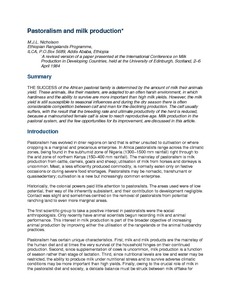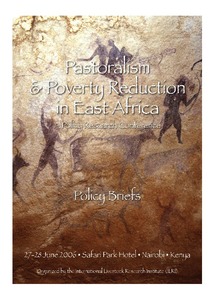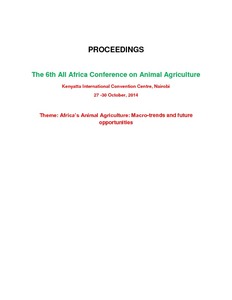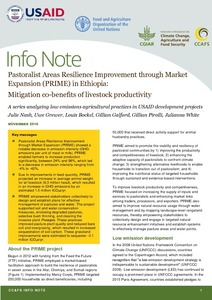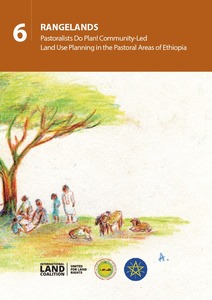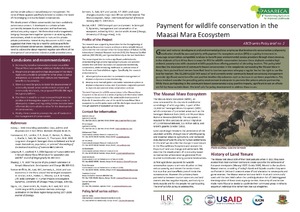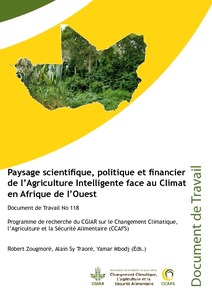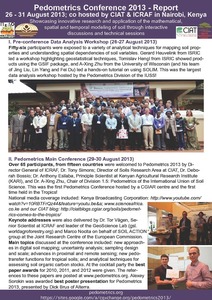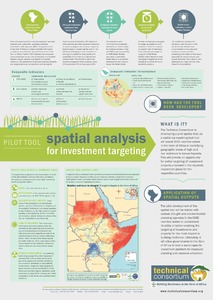Pastoralism and milk production
Presents a general description of pastoralist milk production from cattle in Africa, analyzing data on milk yield & offtake, lactation and milk composition under pastoralist conditions; briefly examines the use of milk from camels and smallstock by pastoralsits to complement their milk supply from cattle.

